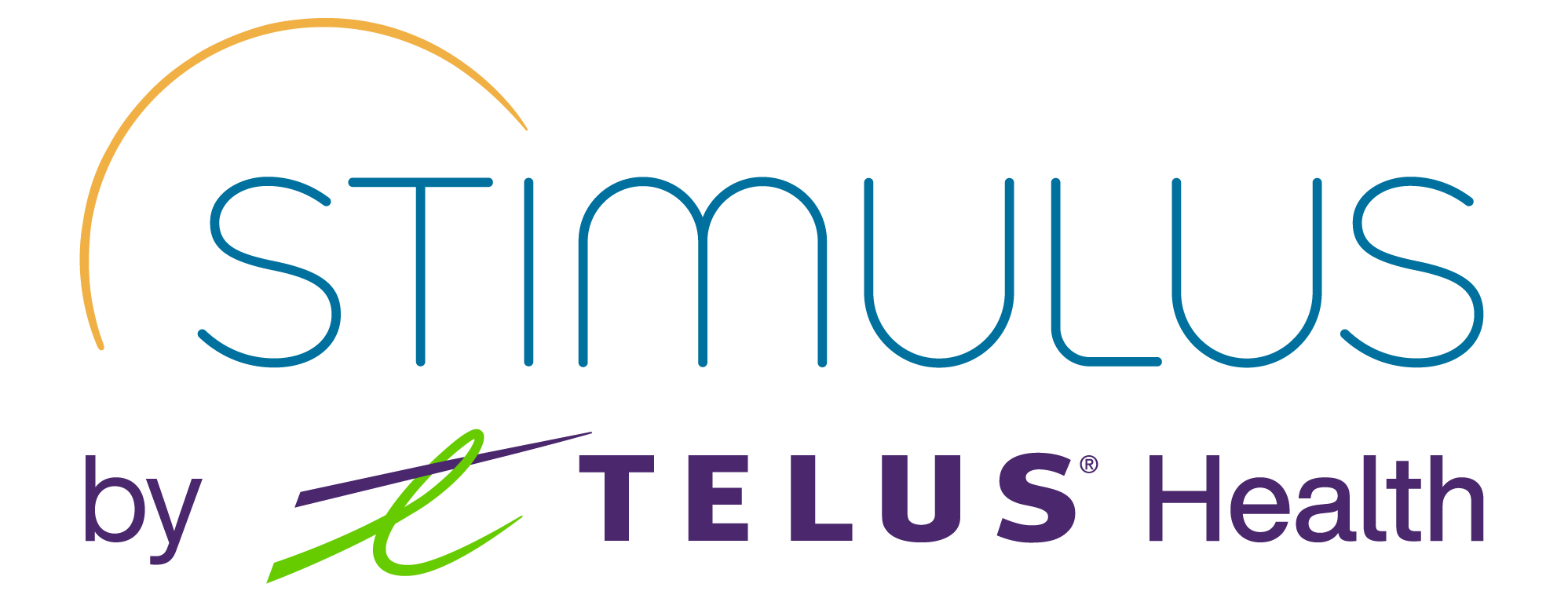How to improve time management: time management techniques
Time management is a set of principles, practices, skills and tools that help people understand and evaluate the time they have available, with the ultimate goal of improving their quality of life.
Once we have assessed our time availability and identified the activities that occupy our days, we can organise or reorganise our commitments and tasks.
Therefore, it is not a question of learning to do as many things as possible in as little time as possible, but rather to make sure we accomplish what needs to be done and find strategies to achieve this.
It is important to keep this distinction in mind in order to avoid saturating our time with commitments, doing them in a hurry and with little attention, and thus risking accumulating stress in our daily life.
In today's article, we will define:
- what time management is;
- how it can help us organise our day in order to reduce stress and thus safeguard our psychological well-being;
- some general time management techniques that can be applied both at work and in the personal sphere.

The pillars of time management
Time management is the process of analysing and planning how much time to devote to activities during the day, with the specific aim of improving quality of life.
There are two pillars on which the concept of time management is based, namely:
- the definition of priorities:
- the ability to optimise the actions to be performed.
Defining priorities helps us differentiate what is important from what is not.
Identifying priority activities allows us not only to plan the appropriate time to carry them out, but above all to direct the energies needed to complete them.
Devoting more time and quality time to priority tasks means that the time allocated to activities identified as non-priorities is less and will therefore have less impact on our day.
Identifying and defining priorities, which for each of us can also vary according to the areas of life for which we feel the need to organise ourselves, allows us to optimise our actions and the time devoted to them.
To optimise literally means to achieve the most profitable result possible, and in the case of time management this may mean doing more tasks in less time.
As pointed out earlier, it may be useful to set a wellness goal whereby time management, and thus prioritising and optimising activities, becomes a tool for achieving it and is not, instead, considered as a goal in itself.
How to improve time management: 4 useful techniques
The reasons for resorting to time management can be various, such as:
- difficulty in reconciling work and private commitments;
the tendency to procrastinate and not complete required actions;
the feeling of confusion and overwhelm due to the excessive amount of commitments.
There are some general good practices that come to our aid when we decide to manage our time better and that we can always consider valid and useful:
- Drawing up a task list: taking into consideration the activities to be carried out and setting priorities, allows us to put down on paper the quantity of our commitments, also favouring an awareness of them.
- Planning and organising activities: the moment each activity is assigned a specific time, with its duration, frequency and deadline, we are already in a planning phase, which provides an overview of what needs to be done.
- Defining a rhythm: scheduling breaks and the conclusion of activities, as well as concentrating on one task at a time, are actions that give rhythm and harmony to our day. Similarly, recognising one's peak productivity is a strategy that allows one to define the progress of activities and foresee when the most demanding ones should be done.
- Seeking and asking for support: getting in touch with our social network - whether in the work or private context - is an action that can help us manage our time, delegating some activities or asking for support to carry out others.

There are three other simple rules that can be applied daily - especially at work - to improve the quality of our time and increase concentration:
- the first is to avoid distractions while performing a task, i.e. to focus on the task at hand and to define breaks limited in time;
- the second is not to read work e-mails before the beginning and at the end of the working day, as well as not to read them at weekends: both so as not to feel overwhelmed by work even when you are free, and because devoting time to work communications during working hours gives you the opportunity to focus more on the tasks at hand;
- the third and last rule is to give yourself permission not to answer phone calls, especially when you are performing an important activity that requires concentration.
In Conclusion
Time management is a set of principles and techniques that helps us to reorganise our time; it is a tool that allows us to achieve an objective established in advance.
When we approach it, especially if driven by a need, by a situation of work overload or by a difficulty in reconciling work and personal commitments, it may be useful to set as a goal and desired result the reduction of stress, i.e. the improvement of our psychological well-being.

